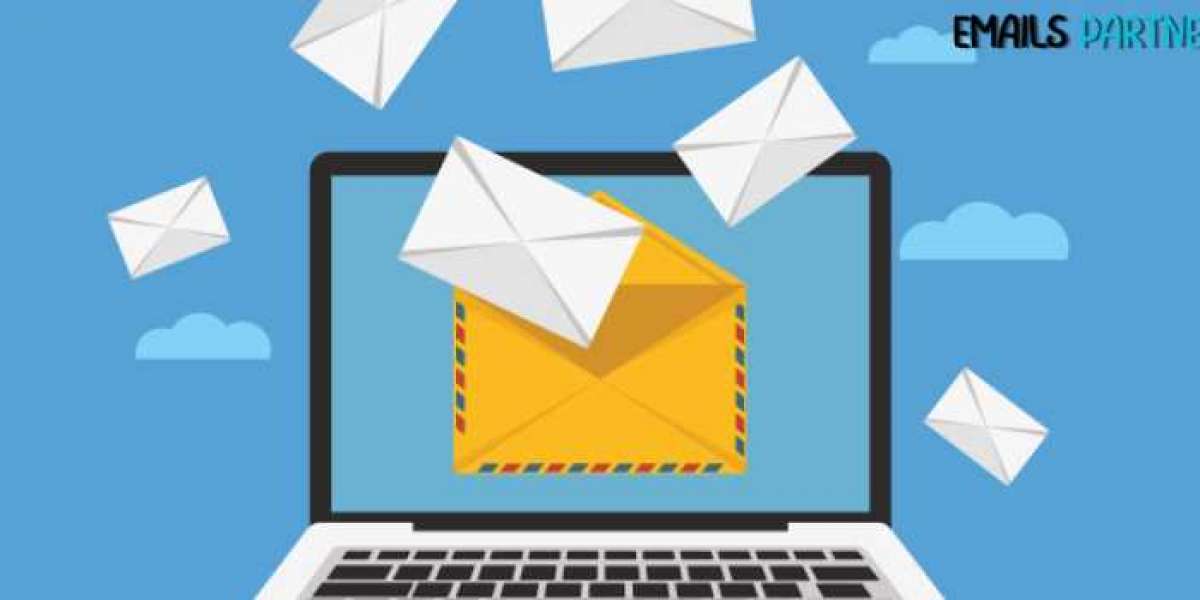In a world overflowing with emails, the subject line is often the single most decisive factor in determining whether your email gets opened or ignored. The Importance of Subject Email Lines cannot be overstated, as they serve as the first impression of your communication. A strong subject line grabs attention, conveys the email's purpose, and prompts action from the recipient. Whether you're a marketer, business professional, or individual, crafting the perfect subject line is a skill worth mastering.
What Are Subject Email Lines?
A subject line is the brief text that appears in an email’s inbox preview, summarizing the email's content. It serves as the bridge between the sender and recipient, enticing them to open the email.
- Purpose: To offer a concise glimpse into the email's purpose.
- Length: Ideally, subject lines should not exceed 60 characters to ensure visibility across devices.
The Role of Subject Lines in Email Success
A well-written subject line can make or break the success of your email campaign or communication.
Why Subject Lines Matter:
- First Impression: They are the first thing the recipient sees and set the tone for the email.
- Open Rates: Emails with compelling subject lines have higher chances of being opened.
- Engagement: A subject line that resonates encourages recipients to engage with the content.
According to research, over 60% of email recipients decide whether to open an email based on its subject line. This statistic underscores how critical subject lines are in email communication.
Psychological Impact of Subject Lines
Understanding the psychology behind subject lines is key to creating impactful ones.
Psychological Triggers:
- Curiosity: Subject lines that arouse curiosity increase the likelihood of the email being opened.
- Example: “What You Need to Know About Your Savings”
- FOMO (Fear of Missing Out): Limited-time offers or exclusivity can drive urgency.
- Example: “Only a Few Hours Left to Save 50%!”
- Personalization: Including the recipient's name or specific details creates a sense of connection.
- Example: “John, Your Exclusive Offer Awaits!”
Core Elements of Effective Subject Lines
To craft a compelling subject line, certain key elements must be incorporated.
Key Features:
- Clarity: Ensure the subject line clearly conveys the purpose of the email.
- Brevity: Keep it short and to the point.
- Relevance: Tailor the subject line to the audience's interests or needs.
- Actionable Language: Use words that inspire action, such as "Discover," "Save," or "Learn."
Common Mistakes to Avoid
Crafting subject lines is as much about avoiding pitfalls as it is about creativity.
Mistakes to Watch For:
- Overhyping: Avoid making unrealistic claims that can disappoint recipients.
- Example: “Win $1,000 Instantly!”
- Using Clickbait: Misleading subject lines can erode trust.
- Being Too Generic: Vague subject lines fail to capture attention.
- Example: “Check This Out!”
Strategies to Improve Subject Lines
Improving subject lines requires a combination of strategy, creativity, and testing.
Effective Strategies:
- Incorporate Numbers: Numbers attract attention and create structure.
- Example: “7 Tips to Boost Your Productivity”
- Ask Questions: Questions engage the recipient's curiosity.
- Example: “Are You Ready to Achieve Your Goals?”
- Use Power Words: Words like "exclusive," "urgent," or "limited" create excitement.
- Example: “Exclusive Deal: 24 Hours Only!”
- A/B Testing: Experiment with different subject lines to see what resonates most.
Real-Life Examples of Powerful Subject Lines
For Marketing Emails:
- “Your Free Gift Is Waiting!”
- “Don’t Miss Out on This Exclusive Offer”
For Business Emails:
- “Meeting Agenda for Monday’s Discussion”
- “Follow-Up: Your Feedback Is Valuable”
For Personal Emails:
- “Can’t Wait to See You This Weekend!”
- “Thought You’d Enjoy This Article”
Adapting Subject Lines to Different Email Types
Different email types require tailored subject lines to achieve the best results.
Marketing Emails:
- Goal: Drive engagement and conversions.
- Example: “Flash Sale Ends Tonight – Shop Now!”
Professional Emails:
- Goal: Convey professionalism and purpose.
- Example: “Project Update: Milestones Achieved”
Informational Emails:
- Goal: Deliver valuable content.
- Example: “5 Strategies to Improve Your Email Campaigns”
Personal Emails:
- Goal: Establish a connection.
- Example: “Just Checking In – How Are You?”
Conclusion
The Importance of Subject Email Lines lies in their ability to capture attention, convey purpose, and drive action. In today’s fast-paced digital world, a well-crafted subject line can make all the difference between your email being opened or ignored.
From understanding psychological triggers to incorporating best practices, mastering the art of subject lines is essential for anyone looking to succeed in email communication. Whether you’re writing marketing emails, professional updates, or personal messages, investing time in crafting the perfect subject line will yield significant benefits.
For additional tips and insights on improving your email strategies, consult the Emails Partner Team, who specialize in delivering results through impactful email campaigns.







